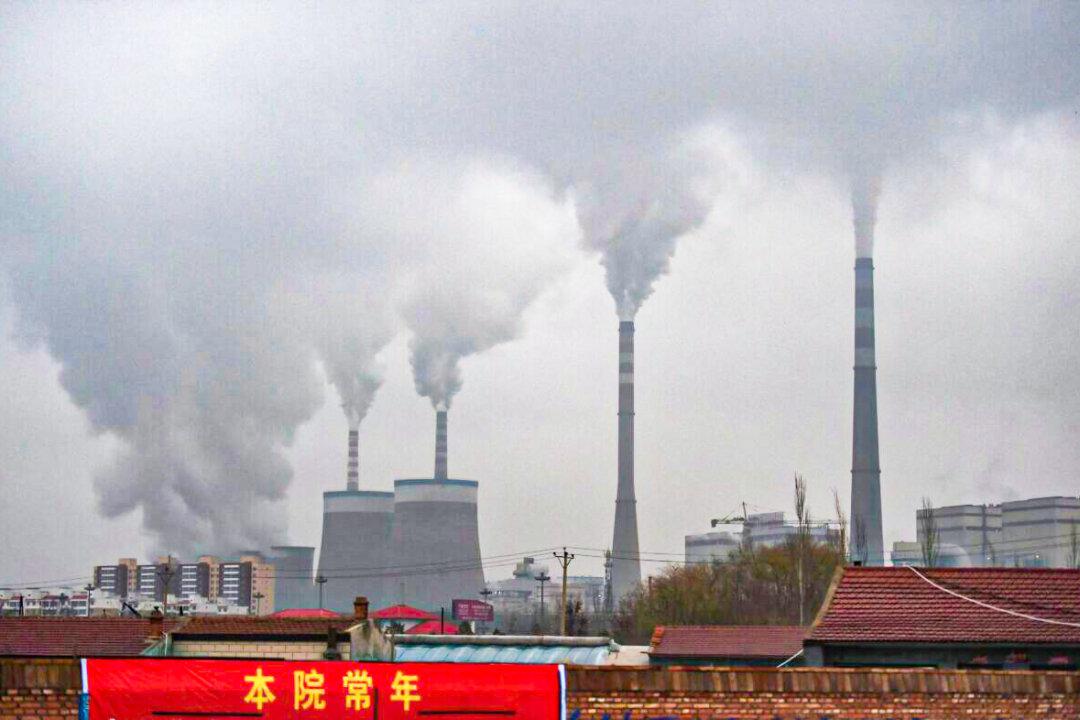Commentary
Imagine this: an America First proposal that brings manufacturing jobs back to the United States, delivers a haymaker to China’s economy, and in the process, restores a sliver of our own integrity in Joe Biden’s America.

Imagine this: an America First proposal that brings manufacturing jobs back to the United States, delivers a haymaker to China’s economy, and in the process, restores a sliver of our own integrity in Joe Biden’s America.